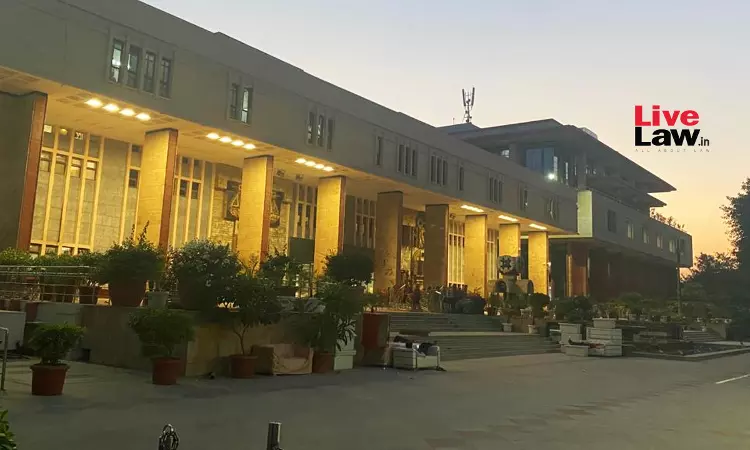The Delhi High Court division bench of Justice Rekha Palli and Justice Sudhir Kumar Jain held that the scope of intervention of the High Court is very limited in matters of factual findings made by Industrial Tribunals unless they were found to be perverse or based on no evidence.The High Court was adjudicating on the letters patent appeals filed by Delhi Doordarshan Kendra, which was accused...

